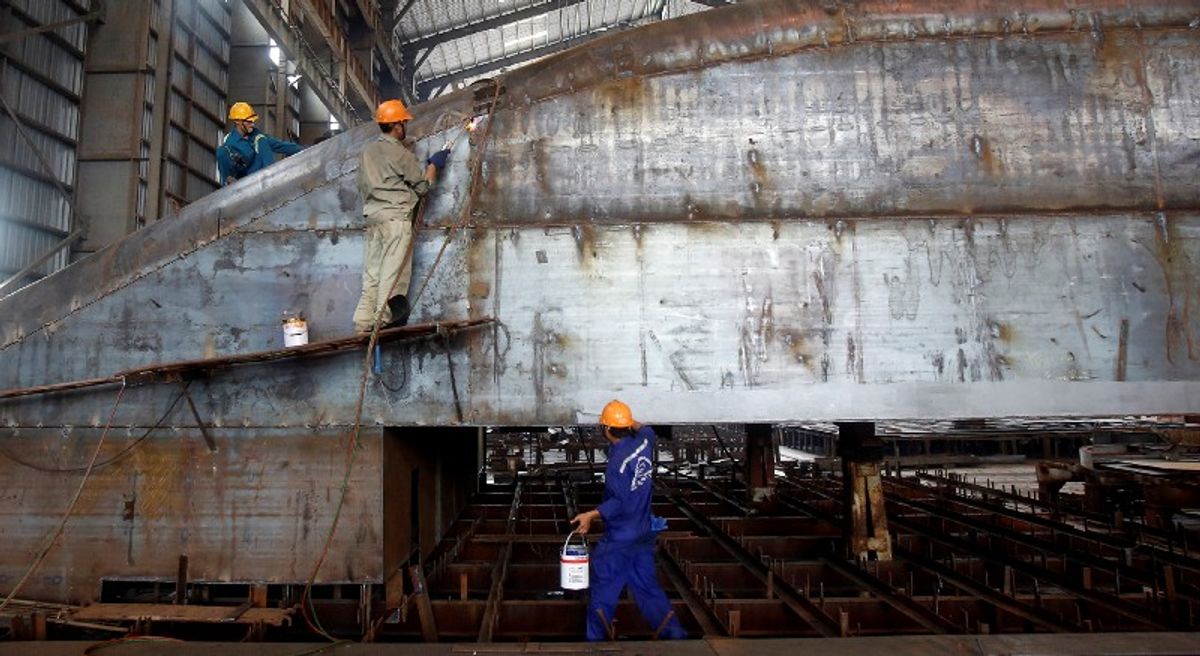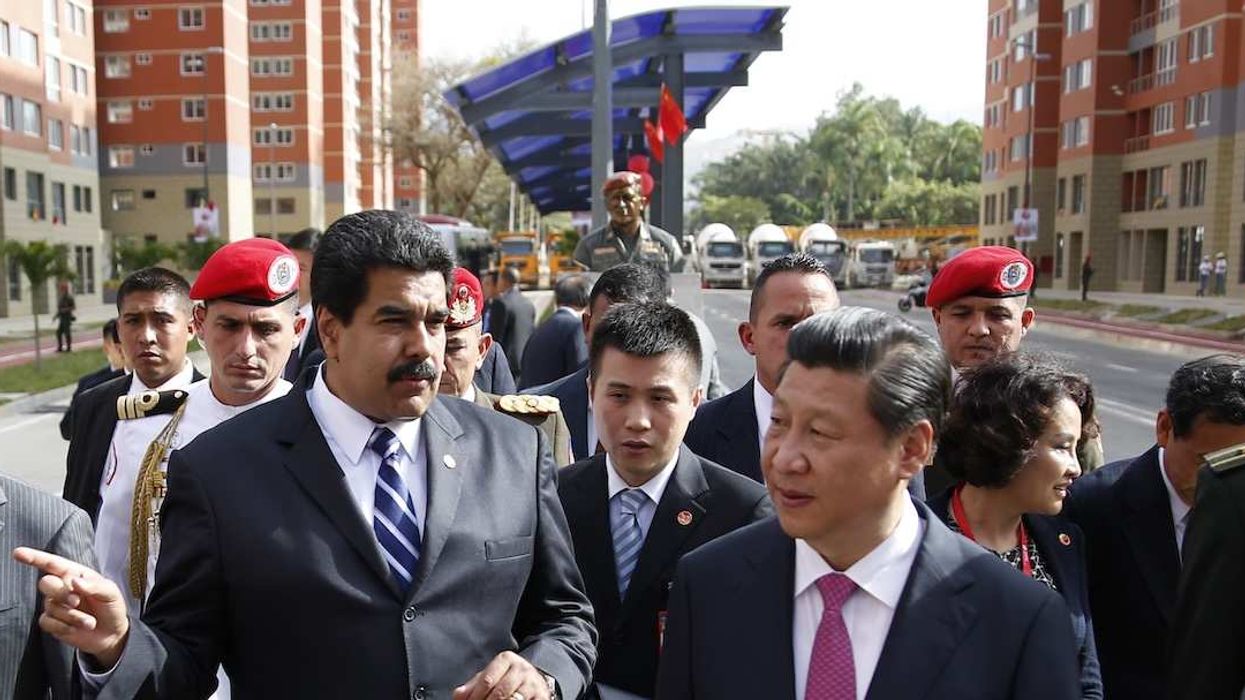When the badly unprepared United States entered World War II, its navy urgently needed new ships. But with droves of young men drafted into the military, there were few able-bodied workers to build them.
When the city of Brunswick, Georgia was chosen for construction of a new shipyard, depression-weary Georgia farmers carrying burlap bags packed with wood-cutting tools flocked to the coast in hopes of finding work. Men who had never seen the ocean or any vessel larger than a rowboat joined women and the elderly to learn to weld steel and to build an enormous wartime shipyard. Then they built workhorse ships to counter Germany’s industrial might. Faced with war and presented a chance to learn and work, these people rose to meet the moment.
Fast forward to 2018. As political and business leaders gather in Davos next week, the future of work will be a hot topic. The introduction of automation and artificial intelligence into the workplace will create one of the biggest challenges of our time, because, as you may have heard, robots are coming for our jobs. Economists have done studies in recent years to determine whether this workplace tech revolution will kill more jobs than it creates. The results, not surprisingly, are inconclusive.
In short, we don’t know what long-term effect automation will have on job creation, but we do know that new jobs will demand a new kind of education and training. We can’t expect the guy driving today’s truck to simply slide to the passenger side to earn his living maintaining the software that drives tomorrow’s truck.
One likely impact: governments with money to spend on education, worker retraining, and social safety net protections for workers who can’t make the transition will have an adaptability advantage over governments that don’t have the cash.
But… as the farmers who built the warships remind us, human beings, especially those who must adapt to survive, can do extraordinary things.


















